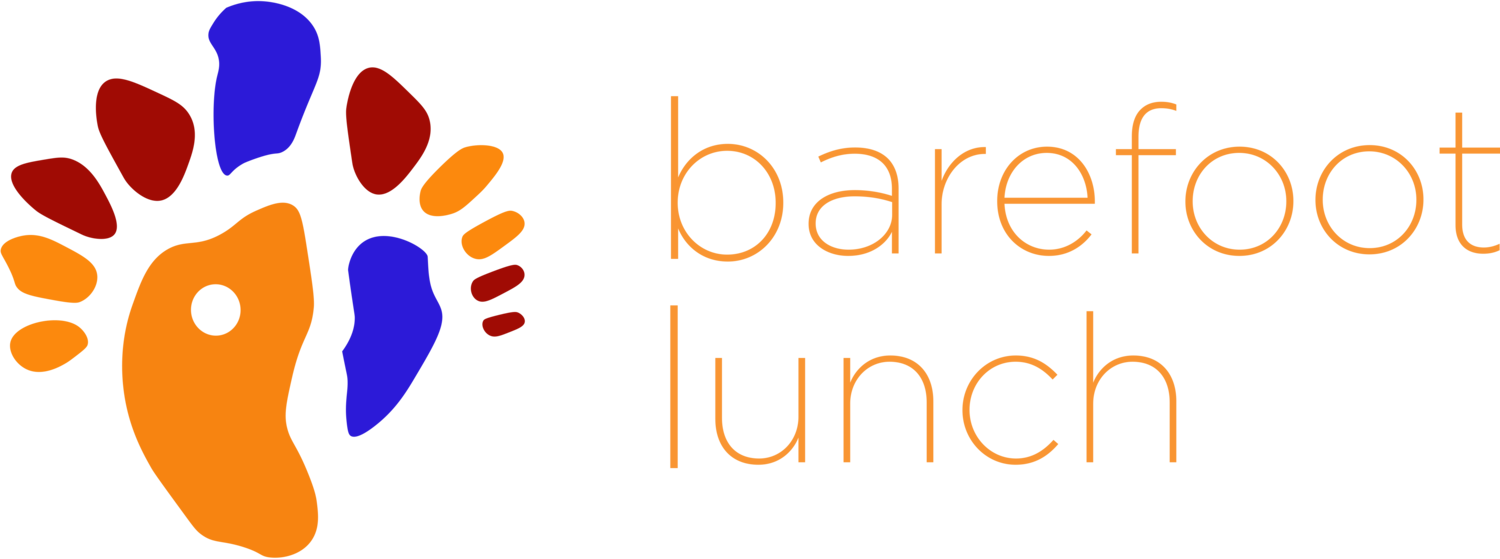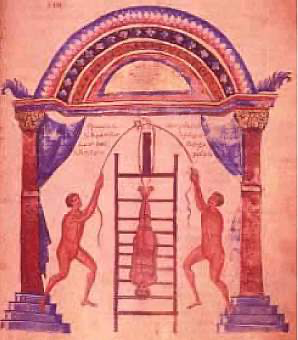“Life is short, and Art is long,”
So begins Hippocrates “Aphorisms,” which could be the greatest take away from his complete body of work. Here is a body of work that first systematically puts down medicine, and though the Egyptians were more advanced, this was the first time in human history where writings tried to to complete steal medicine away from magic and place it firmly into rational human thought. From priest to doctor, from religion to the belief in prognostic, regimes, and prescription.
“But to me it appears that such affections are just as much divine as all others are, and that no one disease is either more divine or more human than another, but that all are alike divine, for that each has its own nature, and that no one arises without a natural cause.” (On Airs
For the ancients, they were going against the religion at the time. It wasn’t uncommon for someone who was sick to go to the local temple and get a remedy. There were temples where a person would tell the priest what ailed you, then you would sleep there and dream and tell the priest your dream, and that was your remedy. Other people would fashion out of clay parts of bodies that were having trouble. Eyes and ears have been found in great quantities in pots. As an interesting side note, in Japan as well, you would go to the priest and would write down the part that ails you and there are bundles of kanji for ear and eyes. All around the world, we have worried about loosing our sense of sight and sound.
I came to Hippocrates (c.460 - c.370 BC) with a historical frame of mine. I’m reading Homer and Plato, and it’s interesting to jump into the history of medicine, like a time-slip to observe medicine int he ancient world. I’m reading Oedipus and it describes a plague, which historically was happening in Athens at the time. And here in these pages I can read about specific case studies from ancient Athens from the foremost health scholar of the time! Of course we study events, wars, discoveries, but we forget that people were getting cuts, scrapes, broken bones, colds and countless other diseases. In fact, one source I read said that it was much more rare to be well, than sick.
However, in the back of my mind, I also had this nagging question of why the hell spend my precious time reading about how to set a collar bone in 410 BC! It just isn’t relevant anymore. If I have a sore throat, I’m heading over to the store and buying a box of Tylenol and be right as rain. I don’t plan on going into medicine nor learning the parts of the body.
But from page one I was hooked. “For as in other arts, those who practice them differ much from one another in dexterity and knowledge, so it is in like manner with medicine.” (1) I realized that what I’m learning here will be relatable to other fields of endeavour. Of course, if this is the bases of all Western Medicine and what we would learn about.
Also, to talk about any art this way.
Just as in our time, not all doctors are the same. Some are good and others are quacks. This guy was trying to lay down the law and trying to suss out what medicine was and say he was a professional, not just going to the priest and waving a few leaves over you, whispering a bit of mumbo-jumbo like a voodoo doctor, a witch doctor, and then you are cured.
A contraption that Hippocrates describes to set broken bones
I loved the practicality of some of the thoughts. The first point Hippocrates looks at is diet. If you look at what a healthy person eats, you eat that. If they are sick, then don’t eat that way. You can go to the U.S. these days and see that diet is the main cause of illness. When I was growing up, there may have been one kid in school who had diabetes, and he wasn’t even fat. Everyone remembered him because he had to give himself a jab with a needle every afternoon. That makes an impact on a kid.
Now, diabetes is as common as televisions in the U.S. And wouldn’t you know it, pharmaceutical companies love it. I’m not sure why we humans can’t go back to looking at the basics and see how important diet is to making ourselves healthy or sick.
Then Hippocrates covers hot and cold as elements that we can look at for disease, which hasn’t changed much. We still take our body temperature to gauge if we have COVID or not. We have the sweats or se are shivering.
I like that Hippocrates is looking at the whole person. He looks at people in health and observes what works. Also what creates certain illnesses. Then there are people who are disposed to being able to eat like a horse and stay healthy and those who only dine on one meal. One of the items I think is important is this gestalt view, which we are starting to go back to in medicine, rather than just the mechanical view of the body based on viruses. For example, you have a cold, the doctor gives you medicine. Some doctors don’t even look at you, touch your tonsils, or listen to your lungs, they just prescribe drugs.
Hippocrates was advocating looking at the person, their individual constitution, and going from that point.
Only as a final cause would Hippocrates recommend operation. Surgery was of course known, though it was difficult to find cadavers to operate on and rarely would people want their bodies mutilated, but rather buried or burned for the gods (look at all the fuss we get in Sophocles of Antigone wanting to bury her brother. I don’t think that he had his organ donation card up to date. There were different structures of the body and Hippocrates starts to observe what those structures are for and how they fulfill different functions, which was also new and unique.
My takeaways from reading: 1) Diet is key. 2) Be curious about health in general. 3) What is art. 4) What makes a good doctor.
My favorite quote, which to me can be applied to most business of the day:
“For it is disgraceful in every art, and more especially in medicine, after much trouble, much display, and much talk, to do no good after all.” (On the Articulations)
A couple of good podcasts I liked:
Ancient Greek and Roman Medicine
You're Dead To Me
https://podcasts.apple.com/us/podcast/youre-dead-to-me/id1479973402?i=1000507812003
The Four Humours
In Our Time: Science
https://podcasts.apple.com/us/podcast/in-our-time-science/id463701000?i=1000097068359
And I’ll leave you with a random bit of trivia I stole from Wikipedia when reading about the bones:
We have 270 bones at birth, reduced to 206 in adulthood where they fuse together.



